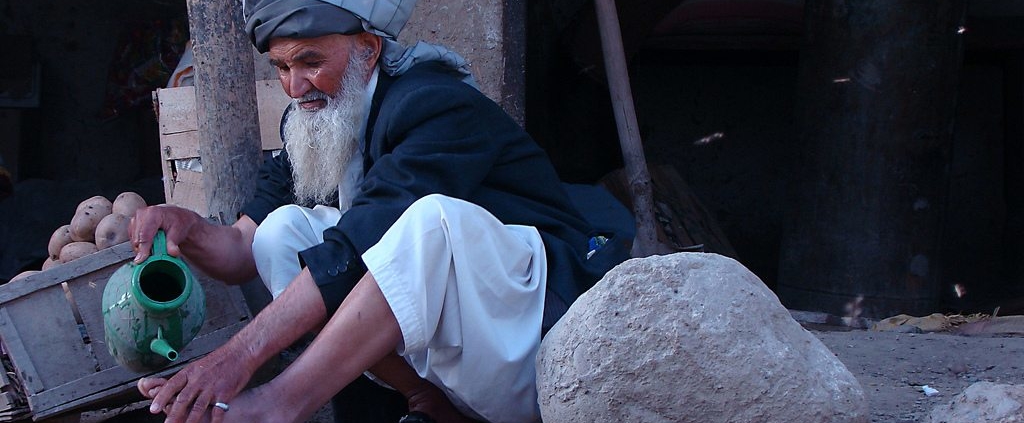Is There a Solution to Nullifying Wudu When Touching My Wife?
Shafi'i Fiqh
Answered by Shaykh Jamir Meah
Question: Assalamu alaykum
I am following the Shafi’i school. I was wondering if it is possible for us to not have our wudu nullified when we touch our wife’s skin as a daily practice?
Answer: Wa’alaykum assalam. Thank you for your question.
The reliable opinion in the Shafi’ school is that direct skin to skin contact between marriageable male and females nullifies the wudu, including one’s wife.
Other Opinions
A valid and strong opinion exists in the school that holds that the wudu of the person who touches (lamis) is nullified, but not the person touched (malmus). This opinion is useful when direct skin to skin contact happens by accident.
[Tuhfa al Muhtaj]
Solutions
If you find the Shafi’ positions in this matter too difficult, then I suggest you do the following:
1. Make sure that you perform wudu as a Shafi’ for every prayer. If you touch each other inbetween but want to recite from the Quran, or want to have wudu for other reasons, then take the Hanafi position for all other acts. Then, when the time for the next prayer comes, make wudu as usual. There is no harm in doing this if sticking to the Shafi’ position becomes too difficult in everyday affairs.
2. If you are out and if wudu facilities are easily available, then I encourage you to try to make wudu when possible. A little hardship will bring great reward. However, making wudu when outside may be easier for a man than a woman.
3. If it is very difficult to make wudu when you are out, then you can either a) Take the second Shafi’ position if it applies to one of you, or b) Take the Hanafi position while you are out. But if you do so, then I would recommend performing wudu and making up those prayers when you get home if this is possible.
May Allah make easy all your affairs.
Warmest salams,
[Shaykh] Jamir Meah
Shaykh Jamir Meah grew up in Hampstead, London. In 2007, he traveled to Tarim, Yemen, where he spent nine years studying the Islamic sciences on a one-to-one basis under the foremost scholars of the Ribaat, Tarim, with a main specialization and focus on Shafi’i fiqh. In early 2016, he moved to Amman, Jordan, where he continues advanced studies in a range of Islamic sciences, as well as teaching. Jamir is a qualified homeopath.
